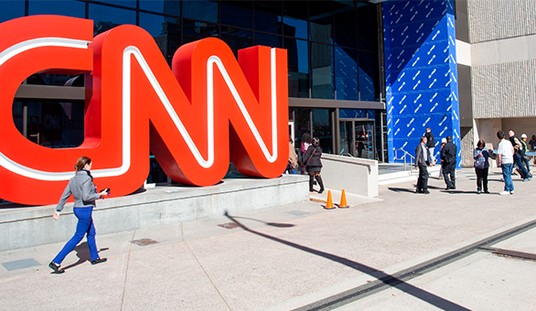The left just can’t seem to stop taking L’s during this election season. They are losing key battles in the culture war. Democrats are about to lose at least one chamber of Congress – if they are lucky. Now, politically-biased censorship practices on Twitter are in the crosshairs after Tesla CEO Elon Musk bought the company. In response to the news of the purchase, leftists have resorted to all kinds of fearmongering, including pretending it would harm black people and transgenders.
Unfortunately for the left, it ain’t working.
In fact, the findings of a recent poll show that people are rather optimistic about the idea of Musk taking over the company. The latest Rasmussen Reports survey found that 62 percent of Americans think the takeover will improve the platform. Only 13 percent believe the purchase will make the company worse.
But what is most interesting about this survey is how people plan to use the platform after Musk’s takeover. From Rasmussen:
Sixty-one percent (61%) of those surveyed use Twitter at least several times a week, including 30% who use the social media site every day or nearly every day. Twenty-five percent (25%) use Twitter once a week or less, while 10% rarely or never use Twitter.
Twitter announced Monday that it had accepted Musk’s $44 billion offer to buy the company. Forty-three percent (43%) of those surveyed say they’re more likely to use Twitter now that Musk owns it, while 19% say they are less likely to use Twitter. Twenty-one percent (21%) say Musk’s ownership will not make much difference in how often they use Twitter. Another 17% are not sure.
This is already bad enough for the anti-free speech crowd. But it gets even worse. Rasmussen also reported:
Majorities of every political category – 70% of Republicans, 57% of Democrats and 61% of those unaffiliated with either major party – believe Musk’s purchase will make Twitter better. Similarly, majorities of every racial category – 64% of whites, 51% of blacks and 63% of other minorities – think Twitter will be better under Musk’s ownership.
Sixty-one percent (61%) of Republicans, 30% of Democrats and 40% of the unaffiliated say they’re more likely to use Twitter now that Musk owns it. Thirty-one percent (31%) of Democrats, 11% of Republicans and 15% of the unaffiliate are less likely to use Twitter now that Musk owns it.
Surprisingly enough, researchers found that women use Twitter more frequently than men. At 66 percent, they are more likely than men (58 percent) to think Musk’s takeover will make the platform better. However, 48 percent of men say they are more likely to use Twitter, while only 37 percent of women said the same.
This doesn’t look so good for those who favor politically-biased censorship. If Musk follows through, even more people will be using the platform – and more frequently. This means that progressive supremacy over political discourse on Twitter is probably about to come to an end. Indeed, even though Musk is not yet in the captain’s chair, conservative accounts have noticed a sharp increase in their follower count while left-leaning accounts have lost followers. Nobody knows definitively why this has happened, but some have surmised that Twitter has locked down the algorithm to prevent employees from tampering with it in a way that increases censorship. They believe it possible that they are trying to jettison evidence of biased practices before Musk takes over.
Of course, it could be something completely different. But it seems clear that the platform is already moving towards providing a level playing ground, much to the left’s chagrin. Despite the fact that most are not buying into the fearmongering, the hard left is still doing its best to safeguard its beloved censorship practices. They are even trying to get the government involved. Democratic politicians and left-leaning media activists are calling for legislation to address Section 230 and to increase censorship under the guise of addressing the problem of “disinformation.” Of course, whenever we heard that word, we already know they are simply referring to content they don’t like.
While proponents of free speech are in a better position, this battle isn’t over yet. Progressives will fight tooth and nail to ensure they maintain supremacy over online conversations. Nevertheless, if current developments are any indication, conservatives and libertarians will have much to celebrate in the near future.













